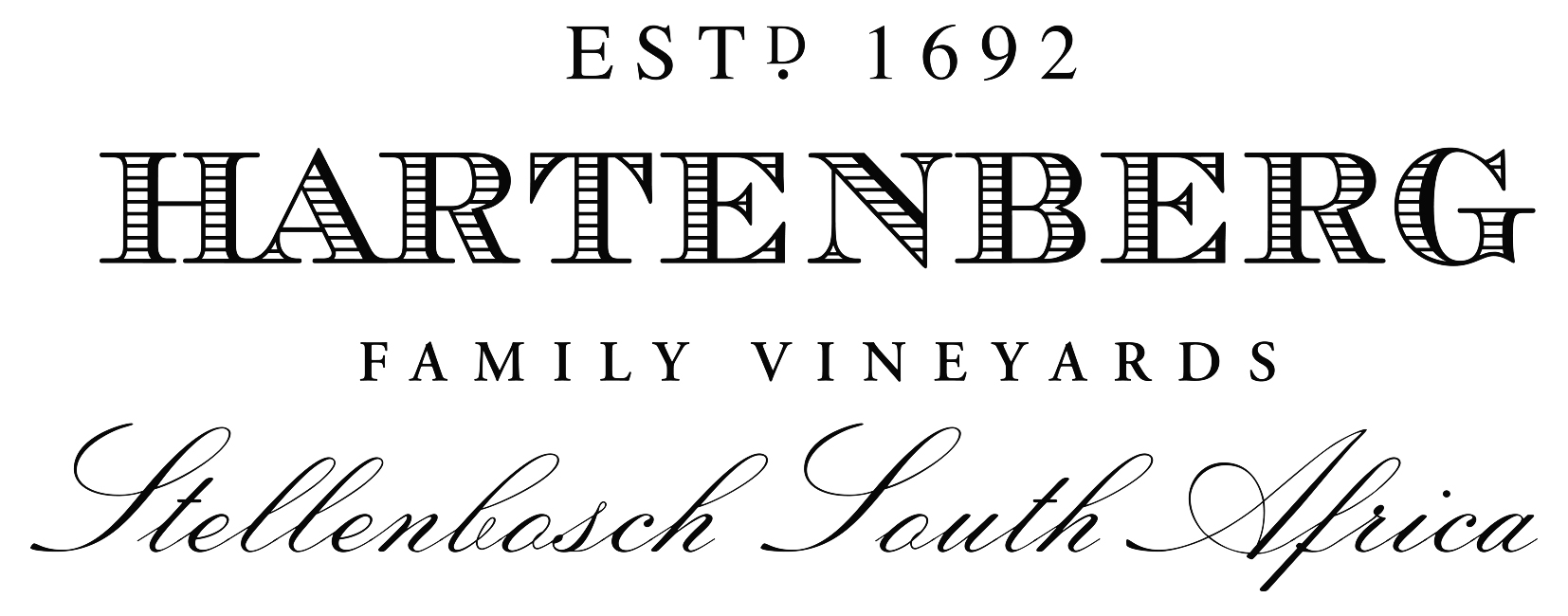In a world driven by fast fashion and synthetic materials, wool stands as a beacon of sustainability, comfort, and timeless elegance. This natural fibre — known for its warmth durability, and luxurious feel — has been cherished for centuries.
Today, the International Wool Textile Organisation (IWTO) plays a pivotal role in advancing the wool industry while ensuring its sustainability. In this blog post, we will explore the benefits of growing and using wool and delve into how the IWTO is championing the cause of a sustainable future for this remarkable natural resource.
The Remarkable Benefits of Wool
We often talk about the natural advantages of wool, but its benefits extend beyond the final product and encompass various aspects of agriculture, the environment, and rural economies.
Sustainable land use: When ruminants, like sheep, are stewarded and managed properly, they can be used to heal landscapes. A synergy between grasslands and grazers exists that when tapped leads to an increase in photosynthesis, increased soil water holding capacity, improved mineral flow through the ecosystem, and increased biodiversity. This can also help mitigate disasters such as floods, droughts and fires. Land to Market projects such as those of the Olive Leaf Foundation in South Africa, connected to IWTO through its member Cape Wools, provide real-life examples of the marketplace helping to promote these regenerative outcomes.
Carbon Sequestration: Proactive management of sheep farming and good land stewardship contributes to carbon sequestration. Healthy grasslands capture and store carbon dioxide from the atmosphere, helping combat climate change.
Rural Livelihoods: Wool production is a significant source of income for rural communities worldwide. It provides employment opportunities and supports livelihoods, especially in regions where other agricultural activities may be limited. This benefit is closely linked with many of the UN SDGs, the United Nation’s Sustainable Development Goals.
Renewable Resource: Wool is a renewable resource, with sheep growing a new fleece naturally every year. This contrasts with synthetic fibres, which require the extraction of non-renewable petroleum reserves.
Low Water Footprint: Wool has a lower water footprint. Sheep primarily rely on natural forage and don't require extensive irrigation.

The Role of the IWTO in Ensuring a Sustainable Wool Future
The IWTO is dedicated to promoting and enhancing the global wool industry. To ensure that the facts about wool can be backed up against the many myths and misinformation that circulate, the IWTO brings its members together to invest in wool research. Some of the recent research results showed how recycled wool reduces environmental impacts – and where more reductions can be made. Other recent research has focused on biodegradability and areas related to wool and well-being.
A big first for the industry was the publication of a full LCA for wool. Completing seven years of work, a team of researchers from Australia, New Zealand, and Norway published the first full wool life cycle assessment, analysing the life of a 300-gram wool sweater made from Australian wool, processed in China, and sold in the European Union. The Wool LCA revealed that the Use Phase is the key to the sustainability of clothing. Consumers have the power to reduce the environmental impact of their garments by as much as 70%. The number of times a garment is worn is the most influential factor in determining impact.
IWTO invests in research to ensure the sustainability claims made about wool are backed by robust scientific evidence. This wool research is peer-reviewed and published in leading journals. Find IWTO's wool research here.
Elsewhere, IWTO promotes the value of wool by showcasing the work of its members, collaborating with governments, and maintaining links with global organisations like the World Organisation for Animal Health. IWTO also produces resources like wool fact sheets, the IWTO Specifications for Wool Sheep Welfare, and the website realwoolfacts.com.

Conclusion
Through its commitment to supporting good management of wool sheep, enabling joint research projects, and maintaining global partnerships, the IWTO is helping shape a brighter, more sustainable future for the wool industry.
As consumers, we have the power to support this effort by choosing wool products and spreading awareness of the many advantages of this remarkable natural fibre. By doing so, we can contribute to a more sustainable and eco-conscious world, all while enjoying the luxurious comfort of wool.

































.png)




























